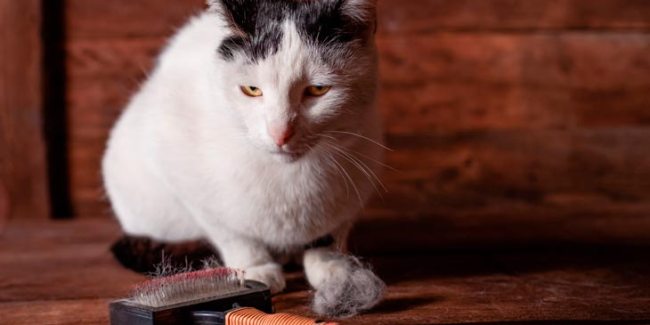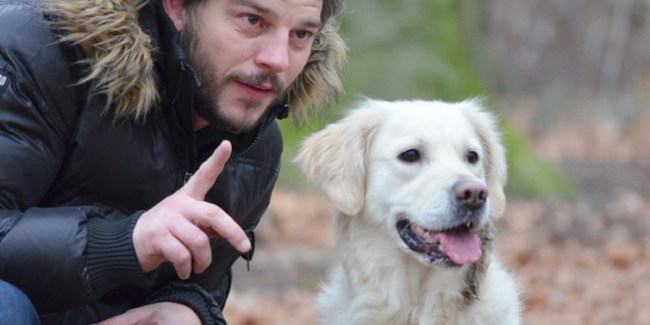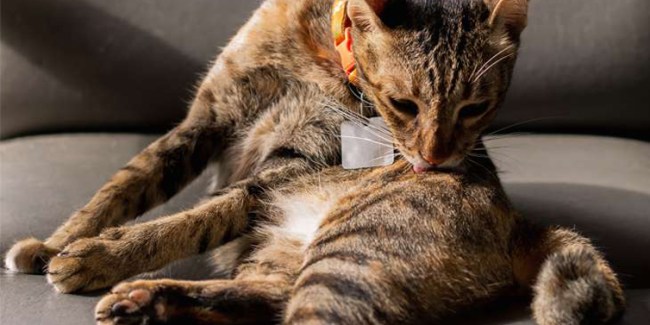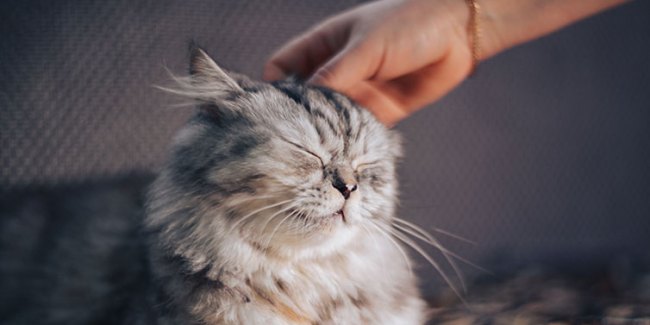How to holiday with pets
Getting “away from it all” is something we all look forward to but deciding what to do with our fur-kids can be a tough decision that requires looking at all the options. Luckily we’ve done the ground work for you. Read on to get the down low on pet holiday options.
CATS DOG ACTIVITIES HEALTH AND WELLNESS
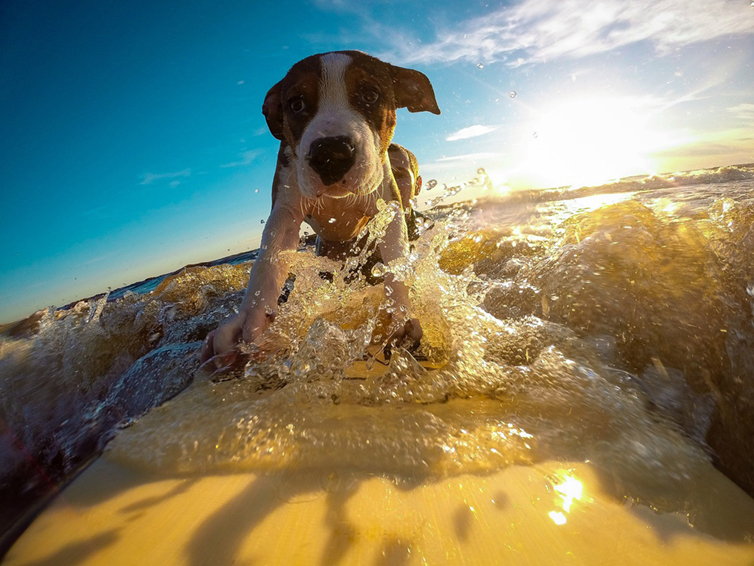
Posted by bravectosouthafrica – 19 February 2021
What the National SPCA says
While some pets have been travelling with their humans for years, the National SPCAs does not recommend packing a suitcase for Fido.
“The dreadful practise of transporting pets tied or otherwise – is unacceptable for obvious reasons. There are documented cases of accidents on the road and pets escaping or being left inside the vehicle for prolonged periods and suffering terribly,” reads an NSPCA statement.
For some, the idea of leaving their animal companion behind is stressful so be sure to prepare adequately if you do want your cat, dog, bird, guinea pig or hamster with you.
Travelling with pets
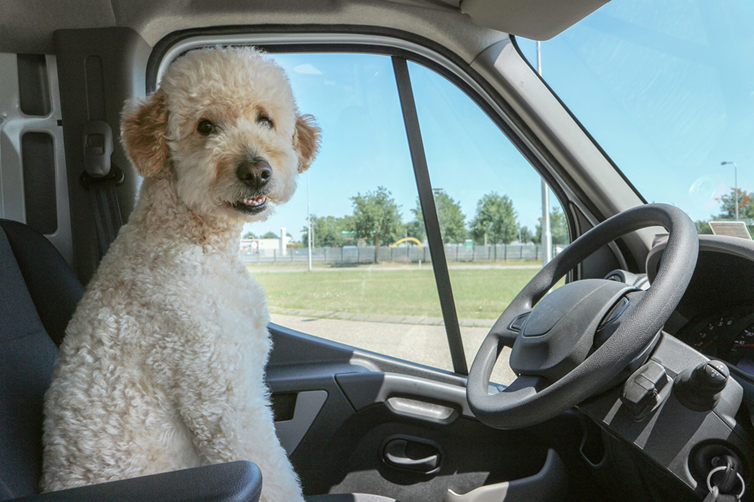
Some pets suffer from separation anxiety when they are not with their human parent or family for an extended period. Similarly, a lot of pet parents get stressed and anxious when they are not in control of their fur-kid’s wellbeing. But there are steps you can take to ensure your pet is as safe as possible while travelling.
Firstly, get your pet’s health checked out at your veterinarian. This includes a general once-over as well as ensuring vaccinations are up to date. Different geographic areas host different diseases, for example, rabies and distemper is prevalent in wildlife in bush areas – by vaccinating you are ensuring your pet and your destination’s wildlife is safe. You should also ensure that your pet’s pest treatment is up to date to prevent them from spreading or picking up ticks, fleas, mites and worms from their new environment.
A product like Bravecto® will keep them protected from ticks, fleas and mites for 12 weeks or try Bravecto® Plus for cats which also treats worms.
If your pet is easily-stressed (or just to make the journey that much more bearable for them) ask your vet about tranquilisers. These can be harmful to certain species so make sure you get your vet’s advice up front. Herbal options are also available from pet homeopaths and certain vets.
The next thing you need to prepare is the area where your pet will be transported. Make sure they have enough space to stand up, lie down and change position. Just like us, animals get uncomfortable if resting in the same position for too long so, make sure your crate or cage is large enough. Also ensure that your crate or cage can be securely latched to prevent your fur kid falling out in a collision or change of direction.
It is advisable not to let your pet roam freely in the vehicle. This is not only a distraction to the driver of the vehicle if they are moving around, they can get into dangerous places such as under the car’s peddles. If your pet does lie down quietly they are still not safe. In the event of a collision they can be thrown from the vehicle. There are many available safety devices such as seat belt harnesses and seat nets that can overcome this risk. Visit a pet store to seek some advice if you are unsure.
Never put your pet in the boot whether in a cage or not. It doesn’t matter how hot or cold it is – your pet will not get enough oxygen and is likely to suffocate. Rather clip the seatbelt around their cage in the backseat – have a look on the internet for safe methods of doing this.
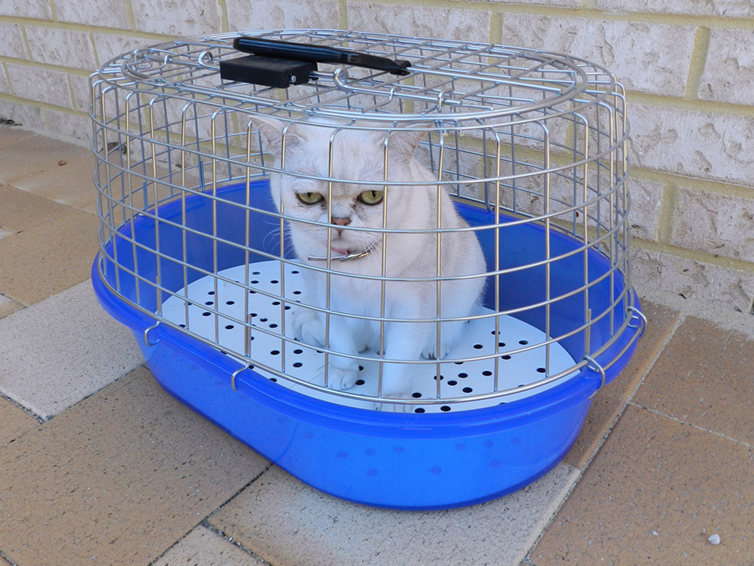
It’s also important to make sure your pet has enough water for the journey. Make regular stops so that your pet can stretch his legs – just like you do. It’s best to keep their leash close by so that they can be harnessed before the door is opened. A scared pet may act uncharacteristically and bolt out of an open door or window so be careful when removing them from the vehicle or crate.
Bring some of their toys or bedding with to make them feel secure. The familiar smell of their favourite blanket or chew will relax them. And a soft, relaxed tone of voice will also assist in keeping them calm.
Last and certainly not least is to ensure your destination has adequate facilities for your pet. Before you book, contact the property to double check pet policies just to be sure – you don’t want to arrive after a long journey to be told the establishment no longer allows Fluffy inside.
You may also want to ask about other animals on the property and the status of pet-proof fencing around your unit.
Family & Friends fur foster
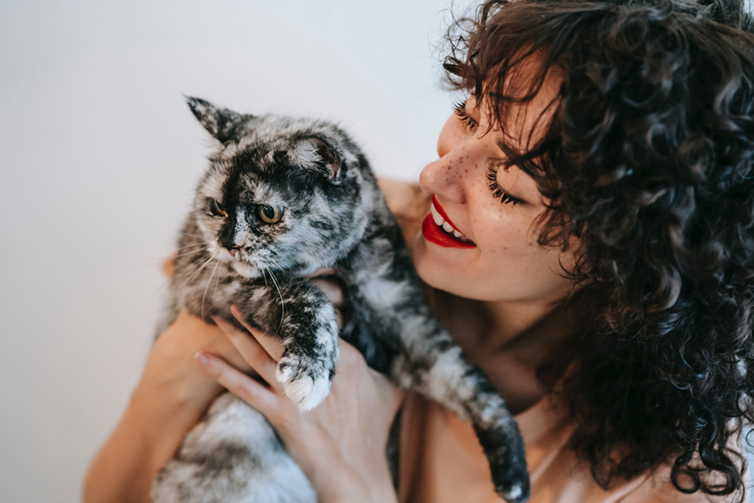
If you, like the SPCA, feel that taking your pet with will be too stressful on the animal or if it is not possible for you to take them with, you could opt for a pet-sitter.
While there are thousands of wonderful, professional pet-sitters, you may feel more comfortable with a friend or family member looking after your fur kid. Just like us, pets take a while to feel comfortable with new people so someone they know may be more of a comfort.
Make sure your sitter has been briefed on your pet’s needs and ask that they continue with your regular pet routines such as feeding times or walks which will give your pet ease.
Call in the Pros
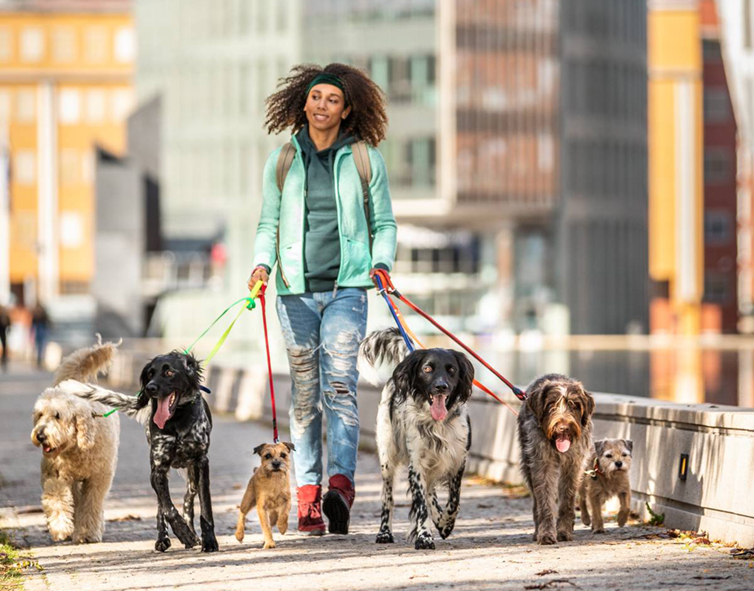
If you do not have a familiar face to look after your pets you may consider hiring a professional pet-sitter. While it may seem strange to host a stranger in your home when you are not there, remember that certified pet-sitters are animal-lovers just like you, which is why they look after them for a living.
This option can be expensive as pet-sitters charge between R150-R450 per day depending on your pet’s needs, but you will have the peace-of-mind that your pet is well-looked after by a professional. There are several websites that help you find a certified sitter, just check on the net. Alternatively, ask your animal-loving friends for a referral.
Here is a checklist from the NSPCA to help you choose and prepare for a sitter:
- How long has this pet sitter been in business?
- Have you asked your local vet if they know this sitter and would they be willing to recommend them?
- Have you checked the sitter’s references? Do it!
- What animal- or pet-related knowledge does the sitter have?
- Have you left enough food for your pet for your whole holiday plus a bit extra?
- Have you left the sitter the contact details of your vet? You may want to phone ahead to arrange authorisation on emergency care if required.
- Does your pet have a collar and tag or microchip and is the information up-to-date?
- Have you taken your sitter through the pet routine and written down simple, short instructions on how to take care of your pet?
- Have you left emergency numbers including the vet and a family member in case you are not contactable?
Most vets have a list of sitters that they recommend so try this route if you are not comfortable hiring someone from the internet.
Boarding Kennel/Cattery or Pet Hotel
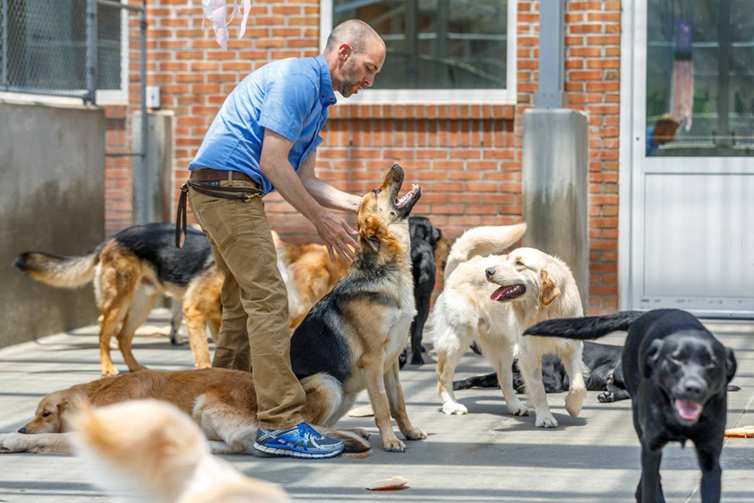
Many pet owners trust these establishments as they know their pet will be contained and well cared-for while they are away as this is the business and expertise of the boarding facility. But there are some things to consider if you opt for this route.
Are your pet’s vaccinations up-to-date? Most boarding facilities require proof of this as well so make sure you have this available from your vet and that the report is not older than 2 weeks, or ensure that you have your pet’s up-to-date vaccination card.
Take a tour of the facility to see how the other pets there are coping and how your pet will be housed for the duration of its stay. Don’t trust what you see on the internet as photos may be stolen from another source or the reality of your pet’s kennel may be very different from that advertised. Don’t leave this until the day of departure – if you arrive to unsatisfactory conditions it will be difficult and unwise to make last-minute arrangements. We suggest popping in unexpectedly to ensure you see the boarding facility on a normal working day – not when they have prepared it for your arrival.
Also take note of the following:
- Ensure your pet’s diet is catered for – it is not advisable to change their food brand even for a short period. Rather send them with enough of their own food.
- Check that the pets are also exercised and not left in a cage or run.
- Make sure the facilities are well-maintained and clean.
- Check that cages or runs are not overcrowded.
- Ask about the facility’s vet policy and who they use.
- Ask about the staff’s training and experience – do they know how to identify a sick animal?
Reputable boarding facilities usually have fantastic infrastructure and care for your pet which makes your choice of establishment so important. While most will provide it, bring your pet’s own food, toys and bedding to make them feel at home and reduce stress.
If you are choosing a pet hotel, be sure that the offering is suited to your pets needs as much as your own – grooming and doggy birthday cakes may not be the best thing for your pooch when they are already stressed.
Subscribe to our Newsletter
Get to know your furry friend better! Sign up for all things dog- or cat-related.
The Hairy Facts about the dreaded hairball
12 April 2021
Help! My dog’s barking mad! Volume 2
12 April 2021
Your Itchy, Scratchy Cat – All About Cat Skin Problems
12 April 2021
The Dog’s Diet: A Bone of contention?
01 April 2021
Mango Fly Worms: How to Spot and Eliminate them
Posted on November 28,2019
Managing Mange And Mites In Your Dog
Posted on June 11,2018
Why Do Cats Purr and How? Learn What Your Cat Is Saying
Posted on October 14,2020
How to Get Rid of Ear Mites in Dogs
Posted on November 06,2019


